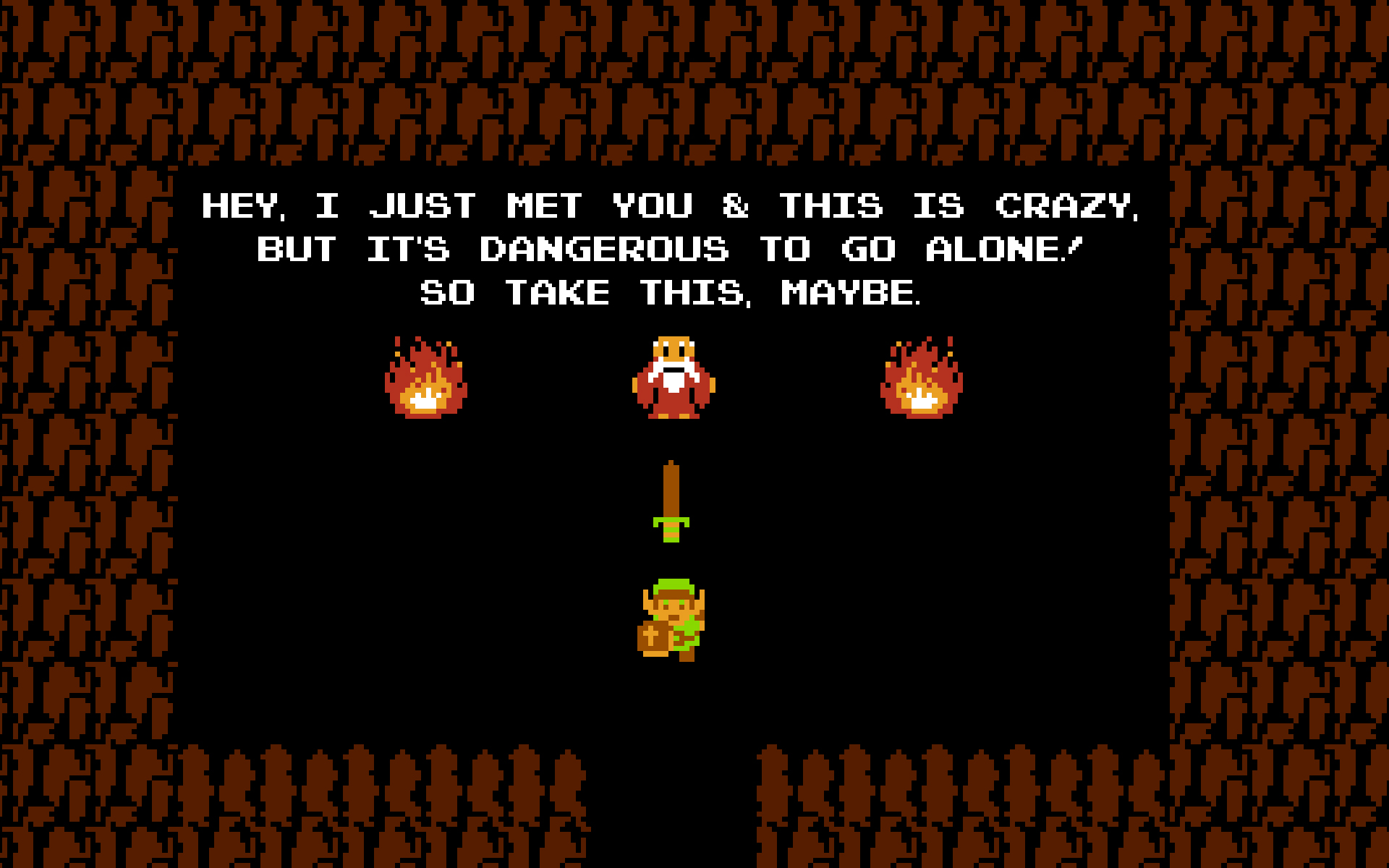What Do You Call A Casino Worker
Casino cashiers may be referred to as gaming cage workers, cage cashiers, booth cashiers or gaming change persons. They work in an area of a casino known as a cage, which is the casino's center of. Pay: $10 – $12/hr. What they do: Casino cashiers conduct different transactions. Etymology and usage. Casino is of Italian origin; the root casa means a house. The term casino may mean a small country villa, summerhouse, or social club. During the 19th century, casino came to include other public buildings where pleasurable activities took place; such edifices were usually built on the grounds of a larger Italian villa or palazzo, and were used to host civic town functions. Casino Work is a set of freemode missions in Grand Theft Auto Online, added with the Diamond Casino & Resort update. These can be started while playing as a VIP/CEO of an Organization or as an MC President. 1 Overview 2 List of Missions 3 Gallery 3.1 Video Walkthroughs 4 See Also 5 Navigation There are a total of 13 missions, and a random one is given to the player after calling Ms. Dealers call this changing colors because chips are recognized more readily by their color than by the amounts marked on the top of them. Some of the standard colors for casino chips include white for $1, red for $5, green for $25, and black for $100. Checks: Common name casino workers use when referring to chips.
Part-time work is one of the traditional forms of non-standard employment. However, over the past decades, not only has it grown in importance, but it has also witnessed a diversification of its forms, which include: “substantial part-time” (21–34 hours per week); “short part time” (20 hours or less); and “marginal” part-time (fewer than 15 hours per week). In some instances, working arrangements may involve very short hours or no predictable fixed hours, and the employer has no obligation to provide a set number of hours of work. These arrangements, known as “on-call work”, come under different contractual forms depending on the country and include so-called “zero-hours contracts”.
Part-time employment is the most widespread type of non-standard employment found among women. While women make up less than 40 per cent of total employment, their share of all those working part-time is 57 per cent. Gender differences with respect to part-time work are especially high in the Netherlands, Nordic European countries, India, Japan, Niger, and Switzerland. Marginal part-time work features particularly sizeable gender differences in the majority of countries. The leaders in marginal part-time work among women are Brazil, Germany, and India.
Part-time work can help workers, especially those with children or other care responsibilities, to enter or remain in the labour market. It can also provide opportunities for workers who want to combine work with education or professional training. However, whether it can indeed be beneficial will depend on whether working part-time is a voluntary choice, on the quality of the part-time job including equal treatment with full-time workers, on how it is viewed by society, on whether higher-paid and higher-skilled jobs are available on a part-time basis, and on the possibility of switching between part-time and full-time jobs.
“On-call work” including “zero-hours contracts” can pose challenges of unpredictable and insufficient hours of work and reduced earnings -- all the more so if workers do not benefit from equal treatment with full-time workers in terms of remuneration. On-call workers may also face difficulties in balancing work with personal life due to the potentially high variability of work schedules.
In this light, it is important to ensure equality of treatment of workers in part-time jobs, facilitate transitions between part-time and full-time jobs, provide workers with a minimum number of guaranteed hours, and give them a say in their work schedules, including limiting the variability of their working hours.
Further information

Normative instruments
R182 Part-Time Work Recommendation, 1994C175 Part-Time Work Convention, 1994Web pages
ILO topic portal on working timeILO topic portal on work-life balance
What Do You Call A Casino Worker License
Casino gambling is big business in America. Only five US states offer no form of casino gambling, and many of those states are currently considering legislation that would pave the way for livegambling. Americans wager $100 billion at casinos each year, spending an additional $60 billion on room stays, amenities, and other casino perks. By the way, that $160 billion is almost doublewhat Americans spend on beer in a year. We love gambling more than we love beer? Say it ain’t so.
What Do You Call A Casino Worker
An industry that size needs a massive pool of labor to support it, to say nothing of talented management and designers to build the casinos and keep them afloat. Casinos give good jobs tomillions of people from coast to coast, some 200,000 in the state of Nevada alone. These aren’t fly-by-night jobs, either – the average annual salary for all casino employees is a cozy $46,000,tacking the national average almost exactly.


Below you’ll find all-encompassing guides to nineteen casino careers. We’ve included average salary information and details on the job’s overall outlook. Please note that all of the average payand job outlook information below is drawn from information on the website of the US Bureau of Labor Statistics, and is accurate as of the most recent page update. We’ve listed the range oflow-end salaries, usually entry-level jobs if such a pay rate was available. But we also use this space to share details about what a day in the life of a casino job looks like, as well as noteson things like uniforms and perks, and some inside info when we could find it.